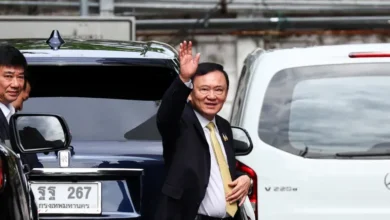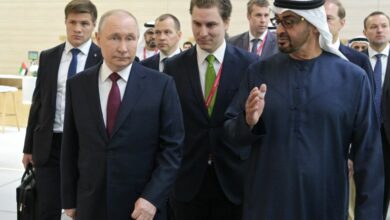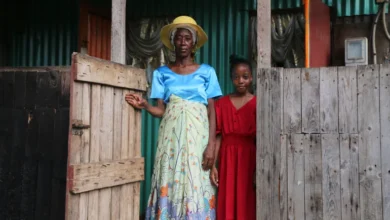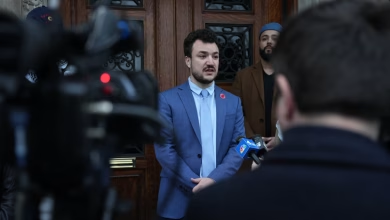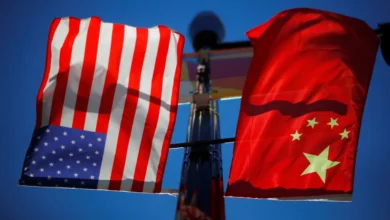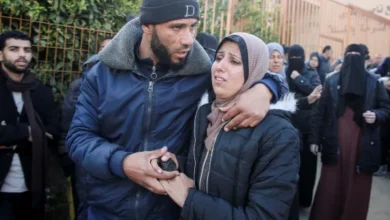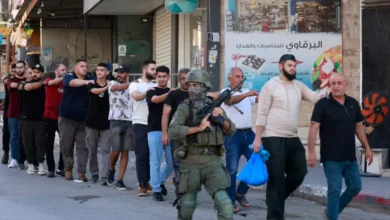Sudan army returns for talks in Jeddah as war enters fourth month
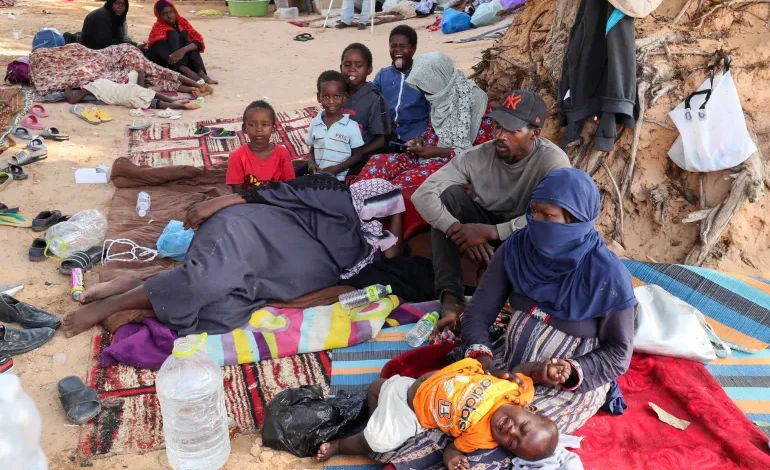
Sudanese army representatives have returned to Jeddah in Saudi Arabia for talks with their paramilitary foes, according to news agencies citing government sources, as the war between rival generals entered its fourth month.
“A delegation of the armed forces has returned to Jeddah to resume negotiations with Rapid Support Forces (RSF) rebels,” a government source told the AFP news agency on Saturday.There was no immediate comment from the RSF on returning to the talks in Jeddah, which Saudi and US mediators adjourned last month after a series of violated ceasefires.
Separately, a mediation attempt launched by Egypt began on Thursday, an effort welcomed both by the Sudanese army – which has close ties to Egypt – and the RSF.
On April 15, a power struggle between army chief Abdel Fattah al-Burhan and his former deputy, RSF commander Mohamed Hamdan Daglo, burst into an all-out war, killing at least 3,000 and displacing more than three million people.
The delegation in Saudi Arabia signalled a return to diplomatic efforts by the army, after it boycotted talks last week in Ethiopia hosted by East African regional bloc, the Intergovernmental Authority on Development (IGAD).
Khartoum’s foreign ministry had objected to Kenyan President William Ruto’s leadership of the IGAD quartet, accusing Nairobi of siding with the RSF.
Before the Jeddah talks were suspended, US mediators had grown increasingly frustrated with both sides’ reluctance to work towards a sustained truce.
Experts believe that both Burhan and Daglo have opted for a war of attrition instead, hoping to extract greater concessions at the negotiating table later.No respite
For three months, barely a day has passed for residents of the capital Khartoum without their homes shaking from air raids, artillery blasts and gun battles.No respite
For three months, barely a day has passed for residents of the capital Khartoum without their homes shaking from air raids, artillery blasts and gun battles.Millions remain in the city, sheltering at home as the violence shows no signs of abating.
Witnesses again reported “clashes using various types of weapons” in the capital’s northwest on Saturday as well as air raids from army fighter jets in the south.
Sudan’s health ministry said at least four civilians were killed and four others were injured in a drone attack that targeted a hospital in the city of Omdurman. The ministry accused the RSF of carrying out the attack.
The UN has said that most hospitals in combat zones were out of service.
Outside Khartoum, the worst fighting has taken place in the western region of Darfur, where a quarter of Sudan’s 48 million people live.Villages and neighbourhoods there have been destroyed, with reports of mass civilian deaths and assassinations of officials, blamed on the RSF and allied militias.
The International Criminal Court has launched a probe into suspected war crimes, including sexual violence and civilians being targeted for their ethnicity, its chief prosecutor announced on Thursday.The RSF has denied targeting civilians.
Al Jazeera’s Hiba Morgan reporting from Omdurman said that Human Rights Watch (HRW) has accused the RSF of targeting civilians in the city of Misterei in West Darfur.
“The RSF have responded to the allegations by HRW saying that the sources to the report was inaccurate – the sources of course being refugees who fled Geneina and Misterei to neighbouring Chad,” Morgan said.
“They said there have been inconsistencies and the RSF did not have a presence in Misterei when the attack was being carried out because most of their forces were present in the city of Geneina.”
Compounding disasters
Those who successfully flee combat zones are not out of harm’s way.Three months in, “the battle lines are hardening, making it ever more difficult to reach the millions of people who need urgent humanitarian assistance,” UN humanitarian affairs chief Martin Griffiths said on Saturday.
Aid groups and health workers repeatedly warned that without humanitarian corridors – which the army and RSF both had pledged but which failed to materialise – disease outbreaks and overwhelmed care facilities could spell disaster.
Griffiths renewed appeals for safe passage of aid on Saturday, after fighters have repeatedly confiscated relief supplies and prevented convoys from passing through checkpoints.
“We cannot replenish stores of food, water and medicine if brazen looting of these stocks continues. We cannot deliver if our staff are prevented from reaching people in need,” he said.

